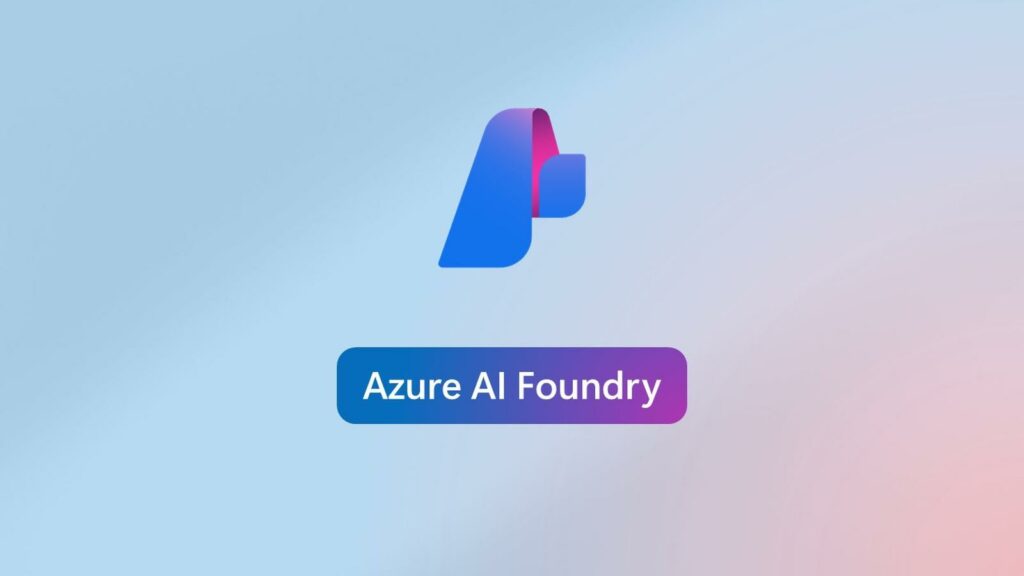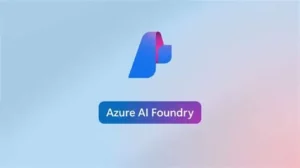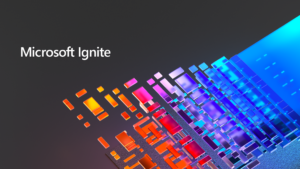Microsoft has announced a major update to Azure AI Foundry, adding a suite of powerful tools to support the growing demand for agentic AI solutions. As organizations shift from assistant-style AI to more autonomous, task-oriented agents, these enhancements mark an important step forward in making agent-based AI practical, scalable, and secure.
What’s New in Azure AI Foundry
Three major capabilities have been added to the platform:
1. Agent Framework Integration (Powered by Semantic Kernel)
A new agent framework has been integrated into Azure AI Foundry, built on top of Microsoft’s open-source Semantic Kernel. This framework supports orchestration, planning, and execution—making it easier to build, manage, and scale complex AI agents that can perform multi-step tasks and reason autonomously.
2. Enhanced Traceability & Evaluation Tools
Developers now have access to new traceability features, enabling better insight into how agents perform, as well as tools for A/B testing and evaluation. These capabilities help teams measure, compare, and continuously improve agent performance in real-world use cases.
3. Preview Release of Red Teaming Agent (PyRIT)
Security is a top concern in agentic AI development. To address this, Microsoft has introduced a Red Teaming Agent, currently in preview. Built on the Python Risk Identification Tool (PyRIT), this agent is designed to test, probe, and identify potential vulnerabilities in AI agents before they go into production—helping teams build safer, more reliable solutions.
Read more on the official announcement:
New Capabilities in Azure AI Foundry to Build Advanced Agentic Applications
Why This Matters
AI agents are emerging as one of the most transformative forms of enterprise AI. Unlike simple assistants, agents can take autonomous action, interact with systems, and collaborate with other agents or tools to complete complex workflows. Over time, organizations may deploy hundreds or even thousands of these intelligent agents across departments and processes.
To support this scale, robust tools for orchestration, monitoring, and security are essential:
-
The agent framework gives developers the structure and flexibility to build and manage agentic systems with greater confidence and speed.
-
The traceability tools enable better operational oversight and performance optimization.
-
And the Red Teaming Agent provides a much-needed layer of proactive security testing—vital as agentic AI becomes more capable and pervasive.




